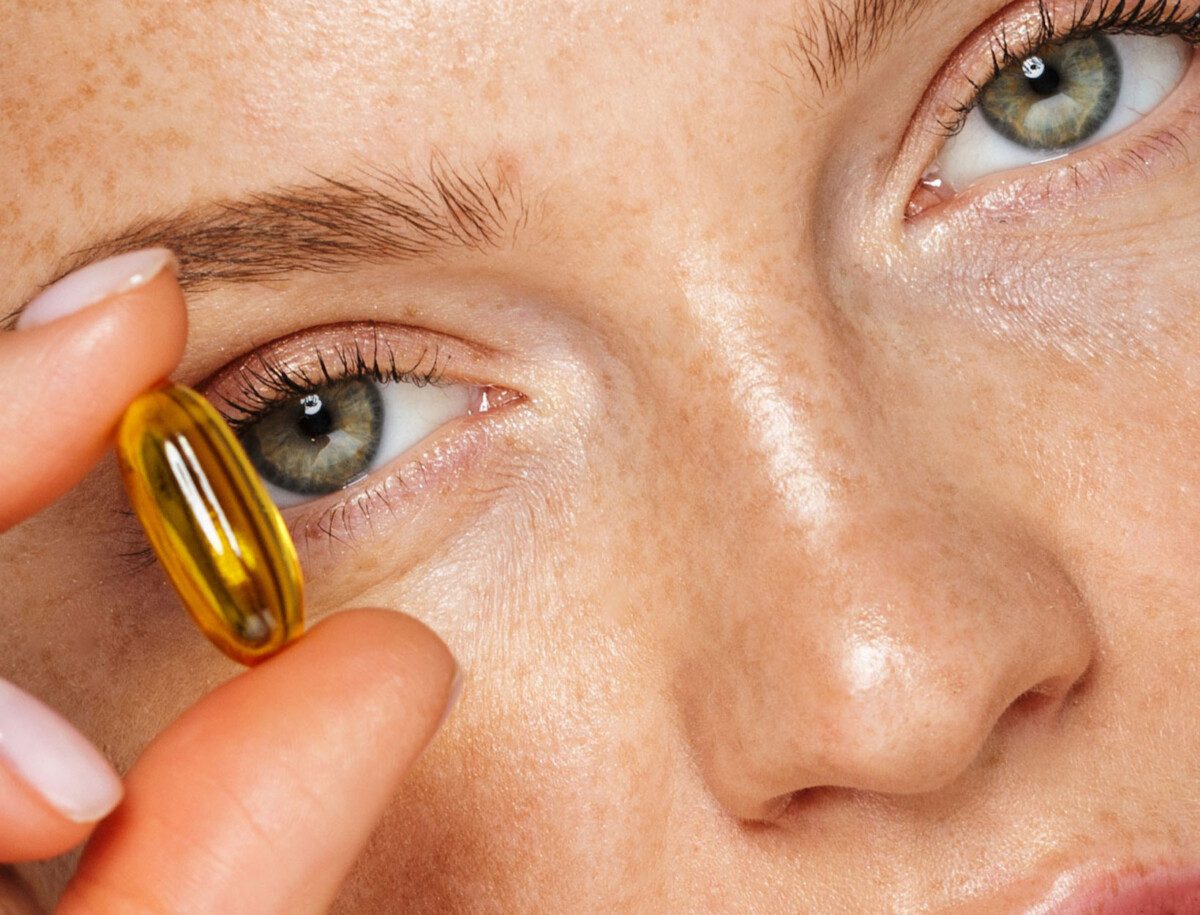Good vision is crucial for navigating through daily life, and maintaining eye health is essential for overall well-being. While a balanced diet and regular eye check-ups are important, certain vitamins play a key role in supporting eye health. In this article, we’ll explore the five best vitamins for promoting optimal vision and preventing eye-related issues.
1. Vitamin A
Vitamin A is often referred to as the “anti-infective” vitamin due to its role in supporting the immune system and promoting healthy vision. It plays a vital role in the formation of rhodopsin, a pigment in the retina that helps us see in low-light conditions. Additionally, Vitamin A helps maintain the health of the cornea and other surface tissues of the eye.
Sources of Vitamin A include liver, eggs, dairy products, and orange and yellow fruits and vegetables like carrots and sweet potatoes. For those who struggle to get enough Vitamin A through diet alone, supplements can be beneficial. However, it’s important to consult with a healthcare professional before starting any supplementation regimen, as excessive Vitamin A intake can be harmful.
2. Vitamin C
Vitamin C is a powerful antioxidant that helps protect the eyes from damage caused by free radicals. It is also involved in the production of collagen, a protein that provides structure to the eye’s cornea and blood vessels. Studies have shown that Vitamin C may reduce the risk of cataracts and slow the progression of age-related macular degeneration (AMD).
Citrus fruits, strawberries, bell peppers, and broccoli are excellent sources of Vitamin C. Incorporating these foods into your diet can help support overall eye health and reduce the risk of vision problems later in life.
3. Vitamin E
Like Vitamin C, Vitamin E is an antioxidant that helps protect the eyes from oxidative stress. It plays a crucial role in maintaining healthy cell membranes and may help prevent age-related eye diseases such as cataracts and AMD. Some studies have also suggested that Vitamin E supplementation may improve visual function in people with AMD.
Nuts, seeds, vegetable oils, and leafy greens are all rich sources of Vitamin E. Including these foods in your diet can help ensure that you’re getting an adequate intake of this important nutrient for eye health.
4. Omega-3 Fatty Acids
Omega-3 fatty acids, particularly EPA and DHA, are essential for eye health. They help maintain the integrity of the retina and support proper visual development and function. Studies have shown that Omega-3 fatty acids may reduce the risk of dry eye syndrome, AMD, and glaucoma.
Fatty fish like salmon, mackerel, and sardines are excellent sources of EPA and DHA. For those who don’t consume fish regularly, fish oil supplements can provide a convenient way to increase Omega-3 intake. Additionally, plant-based sources of Omega-3s, such as flaxseeds, chia seeds, and walnuts, can be included in the diet.
5. Lutein and Zeaxanthin
Lutein and zeaxanthin are two powerful antioxidants that are concentrated in the macula, the central part of the retina responsible for detailed vision. These nutrients help filter harmful high-energy blue light and protect the eyes from damage caused by sunlight and oxidative stress. Studies have shown that lutein and zeaxanthin supplementation may reduce the risk of AMD and cataracts.
Leafy green vegetables like spinach, kale, and collard greens are excellent sources of lutein and zeaxanthin. Eggs and orange and yellow fruits and vegetables also contain these important nutrients. Including these foods in your diet can help support macular health and preserve vision.
Conclusion
Maintaining good eye health is essential for overall quality of life, and incorporating these five vitamins into your diet can help support optimal vision and prevent eye-related issues. However, it’s important to remember that while vitamins play a key role in eye health, they should be part of a comprehensive approach that includes regular eye exams, a balanced diet, wearing sunglasses to protect against UV rays, and avoiding smoking. By taking proactive steps to care for your eyes, you can enjoy clear vision and healthy eyes for years to come.
Also read our blog on Chocolate’s Brain Boost
